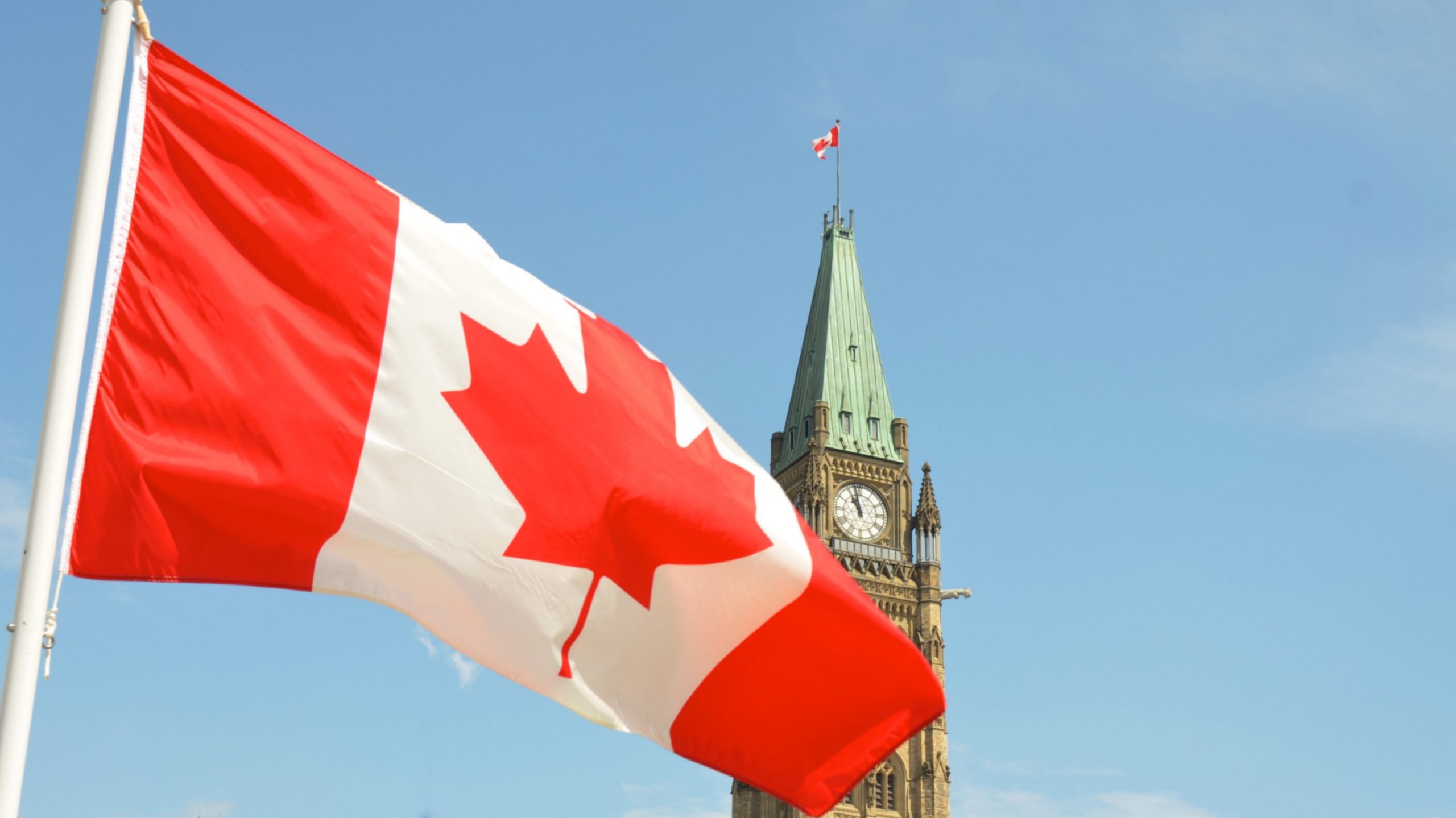
Prime Minister Justin Trudeau has announced an additional $750 million of funding for the government’s Universal Broadband Fund, which now stands at $1.75 billion.
The government has outlined that it plans to connect 98 percent of Canadians to high-speed internet by 2026, and 100 percent by 2030.
This additional funding is on top of the $1 billion announced in Budget 2019, and aims to help advance infrastructure projects with partners like the Canada Infrastructure Bank.
“Our government is launching the Universal Broadband Fund to connect all Canadians to high-speed internet. This fund will be used to build infrastructure across the country, especially in rural communities,” Prime Minister Justin Trudeau told reporters on November 9th.
Prime Minister Justin Trudeau was joined by Innovation Minister Navdeep Bains and Rural Economic Development Minister Maryam Monsef to make the announcement.
The government is taking a multi-pronged approach to the fund. The rapid response stream of the fund is making $150 million available for projects that will be completed quickly and provide Canadians service by November 15th, 2021.
Further, the fund includes $50 million in funding dedicated to improving mobile internet availability in Indigenous communities along with rural highways and roads.
In a technical briefing for reporters, government officials stated that early applications are encouraged and that the window for applications will close on January 15th, 2021.
The officials also outlined that up to 75 percent coverage of costs will be provided for most projects, and up to 90 percent will be provided for projects in Indigenous and very remote areas.
The federal government has also entered into a previously announced $600 million agreement with Ottawa-based Telesat to secure high-speed internet capacity through its low Earth orbit (LEO) satellite constellation.
The agreement enables service providers to acquire Telesat LEO capacity at reduced rates on a first come, first serve basis to bring universal broadband connectivity to rural, northern and Indigenous communities across Canada.
During the technical briefing, government spokesperson revealed that the technology will hopefully be deployed in 2022 and 2023 for remote and northern areas. The goal with the Telesat agreement is use next-generation technology to connect the hardest to reach areas in the far north.
Today’s announcement comes five months after Minister Monsef stated that the applications for the fund would be opening up in the coming days.
Monsef outlined that government officials are on standby to begin assessing and approving applications for the fund. Applications will be assessed for managerial capacity, technical feasibility and sustainability.
“Eligible applicants must have the ability to design, build and run broadband infrastructure and must identify who will build, own and operate the broadband network,” a news release states.
The government has revealed that it will be releasing reports to keep Canadians informed on the progress of the fund and its approved projects. The reports will allow Canadians to check the status on projects in their communities.
Byron Holland, the president of the Canadian Internet Registration Authority, said in a statement to MobileSyrup that “we’re pleased to see the government launch its long-awaited Universal Broadband Fund. Since the country pivoted online in March, internet users in rural, remote and Indigenous communities have been crying out for better access.”
Holland also outlined that “going forward, we urge the government to develop a measurement framework that ensures publicly-funded projects actually deliver the speeds they promise so that rural and remote residents don’t continue to be left behind.”
Further, OpenMedia digital campaigner Erin Knight stated that “for decades, Canada’s digital divide has been ignored, with the country’s connectivity strategy left in the hands of Big Telecom. Our government has a responsibility to ensure that every person has reliable, high-speed connectivity, regardless of where they live.”
MobileSyrup may earn a commission from purchases made via our links, which helps fund the journalism we provide free on our website. These links do not influence our editorial content. Support us here.


